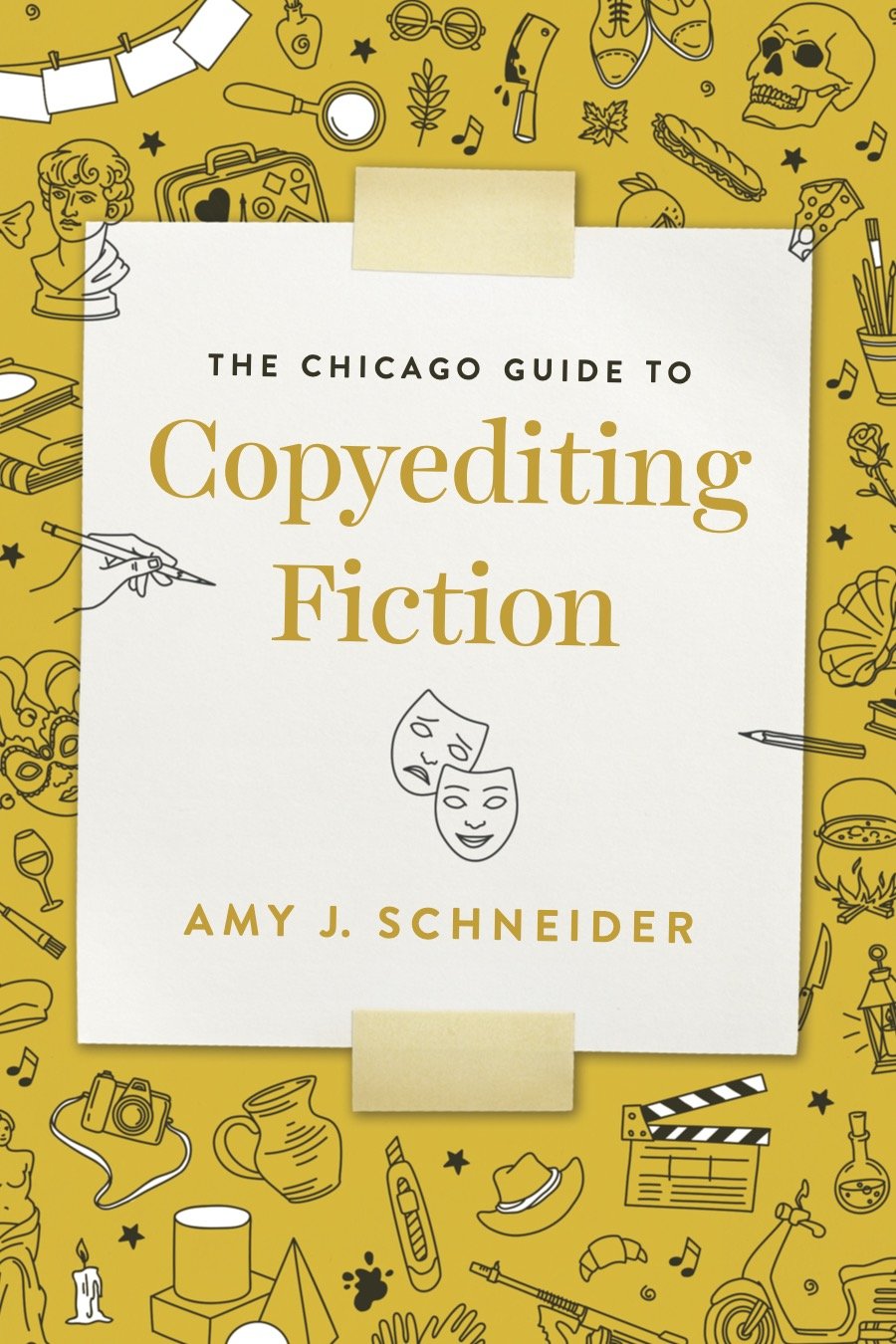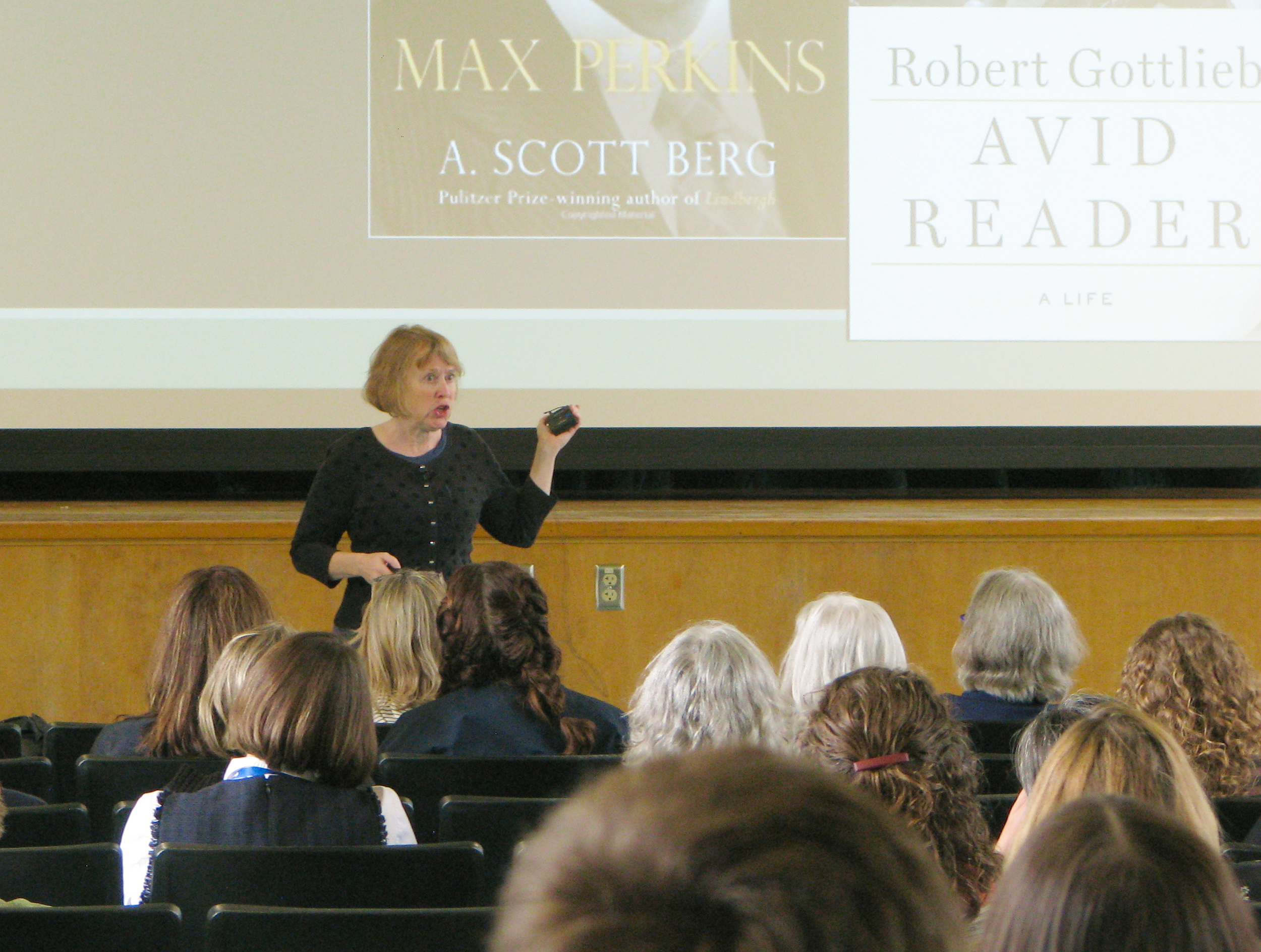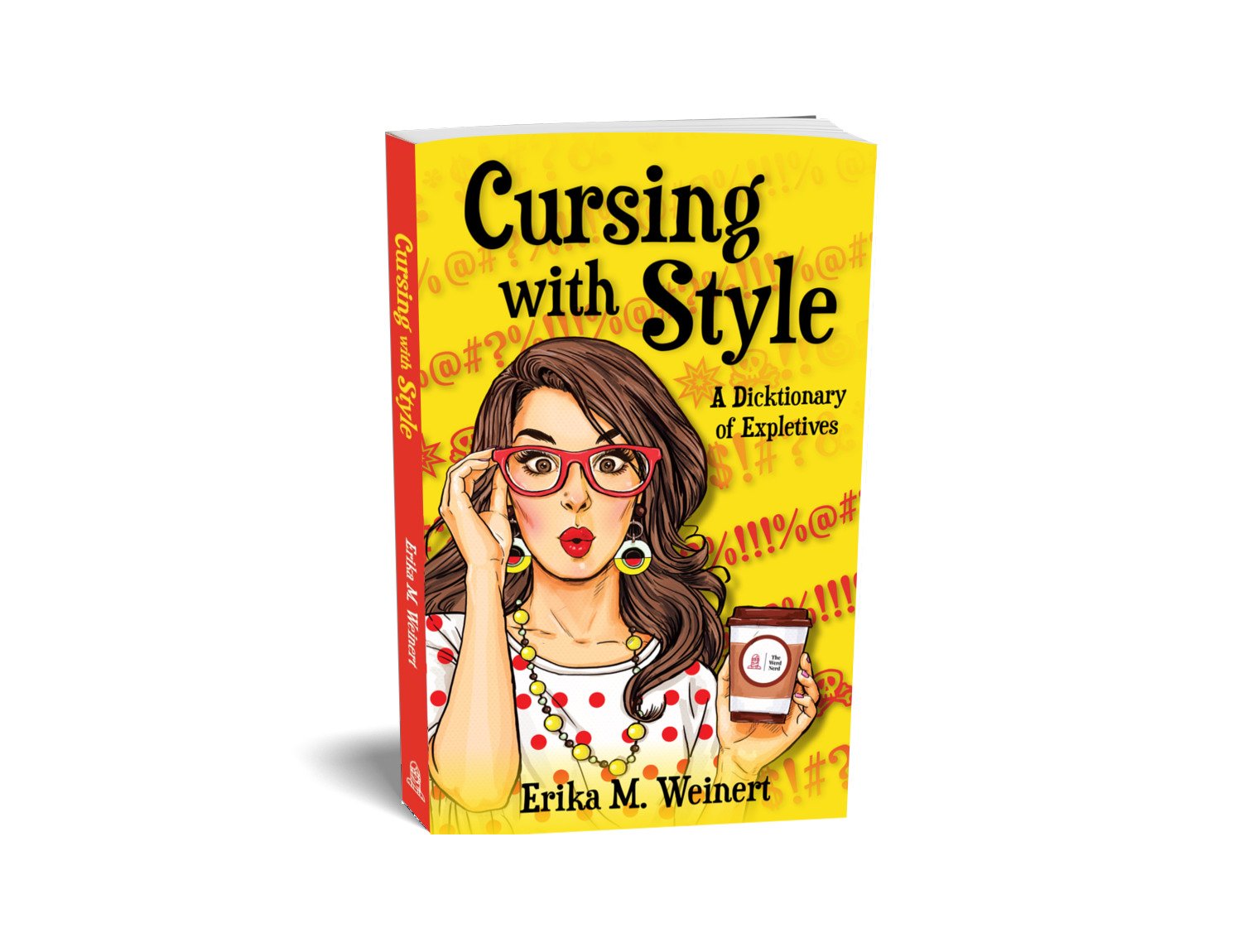
Keynotes and Copyediting Fiction with Amy J. Schneider
Red Pencil is back after a four-year hiatus, and we’re pleased to announce that Amy J. Schneider, a veteran editor and author of the new book, The Chicago Guide to Copyediting Fiction, will be the keynote speaker at this year’s conference. If you haven’t registered yet, the deadline for the Early Bird registration has been extended to March 13, so don’t miss out! Read on to hear from Amy about her keynote, staying current in the publishing industry, and how her StetPet, “Alice the Land Shark,” helps her work.

Presenting at Red Pencil with Joanie Eppinga
The deadline for submitting presentation proposals and ideas for Red Pencil 2023 has been extended to Sunday, October 16, so if you’ve got something you want to share with the editing community (or you have an idea you want to suggest someone else share, especially if they’re local!), please get in touch with our conference planning committee. In case you’re nervous about speaking in front of a large group, we want to assure you that Red Pencil is just about the friendliest group you could start with! I sat down with Guild member and past Red Pencil conference and ACES presenter Joanie Eppinga to chat with her about her experiences and advice about presenting.

Cursing with Style with Erika M. Weinert, The Werd Nerd
Most editors of fiction (and probably at least a good portion of nonfiction editors, too) have had at least a few unusual expletives come across our desks. But if you start to feel like your latest style sheet would be bleeped on network television, you might need a style guide that covers more inventive swearing than Merriam-Webster and the Chicago Manual of Style are equipped to handle. You might need something like Cursing with Style: A Dicktionary of Expletives, available now, by Guild member Erika M. Weinert.
Content Warning: Since the subject matter is all about swear words and how to use them, this blog post contains significant amounts of adult language, as well as some slurs. We are discussing the words and their uses in a professional context, but if you don’t want to see words that would be censored on network television, consider skipping this blog post.

The Neurodivergent Editor: Finding Self-Compassion with Irene Doukas Behrman
Being neurodivergent brings a unique challenge to editors. While there’s no “right” way to be neurodivergent, some prefer remote or freelance jobs where there can be fewer distractions and they can control certain factors, like noise or light levels. But remote and freelance work can also be overwhelming to those struggling to keep up in a neurotypical workforce. With the pandemic bringing forth more remote jobs than ever before, and society shifting its understanding of how the brain works—leading to more people being diagnosed, especially among women—I have been increasingly interested in learning about what it means to be neurodivergent, especially as a freelancer.
So I was excited to be able to talk to Irene Doukas Behrman, an editor at Euro-Med Human Rights Monitor, over email about her experiences being neurodivergent and working remotely.

It Was a Dreary Night of November: The Importance of Setting in Horror Fiction
If you’ve read Dracula or Frankenstein, you’re probably already aware of how important setting is to the Gothic novel. If Dracula had lived in a cottage by the sea, it would have been a much different story. Unlike other stories at the time, Gothic literature was a place where setting played just as much importance as character and usually involved desolate landscapes in wild and mountainous locations, rambling castles, foggy moors, and decaying ruins.
In contemporary horror fiction—the successor of Gothic literature—setting plays an equal role. But where the Gothic’s settings reflect the fear of giving in to social vices and desires, the horror of the modern reader is focused on realities that are closer to home.

Editing While Parenting
Many of us have found ourselves busier than usual over the last couple of years, and the situation for parents has been even busier. Covid-19 brought with it concerns about childcare, lockdown, safety, and remote schooling, as well as changes to the way many of us do our regular jobs. The Northwest Editors Guild Blog Team recently had a chance to chat over Google Docs with five busy editors who are also parents, to find out how they’re making it all fit together.

Taking the Sting Out of Editing with Ariel Anderson of ‘Edit Your Darlings’
As a new-ish editor, I spend a lot of time researching and learning about editing, whether that’s through reading books, watching videos about it on YouTube, or listening to podcasts. Unfortunately, finding the latter can be a little tricky, since “editing podcast” or “podcasts about editing” or “show me an editing podcast, damn it” all yield results about how to edit your podcast. While I’ve learned it helps to be more specific (searching “podcasts about copyediting,” for example), to emerging editors who haven’t quite found their niche yet, it can be a little daunting when you don’t know where to start.
So I was delighted to learn that Seattle Guild member Ariel Anderson has her own podcast, titled Edit Your Darlings, where she covers a broad range of editing subjects through her interviews.

Giant Pencil Interviews Mary Norris, the Comma Queen
Our own mascot, Giant Pencil, met up with author and copy editor extraordinaire Mary Norris at the ACES 2019 conference in Providence, RI, to chat about her latest book, Greek to Me.

What’s the Big Idea? Four Words that Can Define a Work in Progress
A couple of years ago, I got the urge to write a book. I’d recently returned from a sabbatical in Europe, where my husband, Eric, and I walked a thousand miles on the Camino de Santiago, a network of pilgrimage trails that date back to the Roman Empire. I hadn’t intended to write about the trip when I left, but when I got back I couldn’t shake the suspicion that there was something book-worthy in the experience.
I’d worked in book publishing for almost two decades by that point, including the past seven years as a developmental editor and collaborative writer. I’d seen hundreds of manuscripts, both fiction and nonfiction. And while there was a lot about becoming an author I didn’t know yet, I did know that the first step wasn’t just to start typing away at Chapter 1.

Q&A with Guild Mascot Giant Pencil
The Northwest Editors Guild’s oversized writing implement mascot, Giant Pencil, has been making appearances at events and on social media during the last year. In fact, starting July 23, Giant Pencil will be hosting the Editors of Earth Twitter account—a rotating curator account with a different editor hosting each week. It’s the first pencil to be asked to host.
As Giant Pencil’s following increases, we’ve received many questions about this well-dressed No. 2 of large proportions. We sat down with Giant Pencil to get to the point (pencil puns included).
